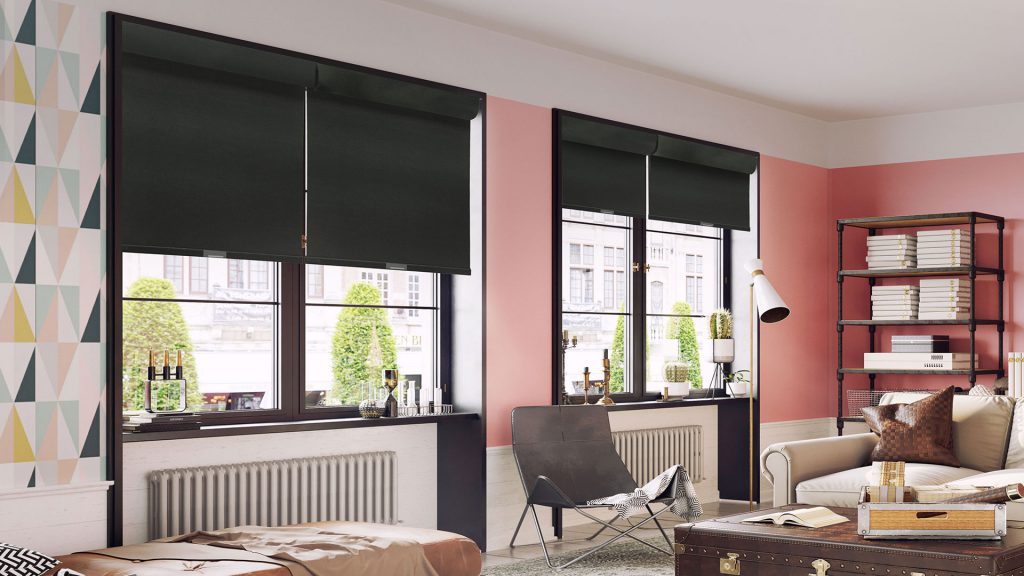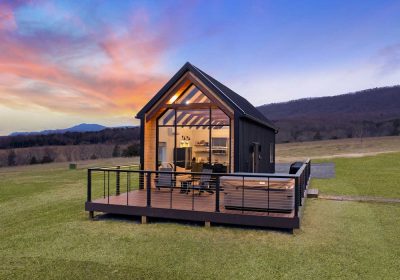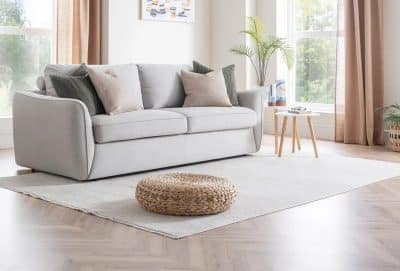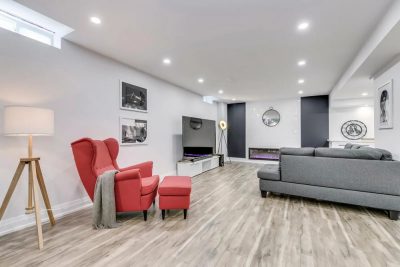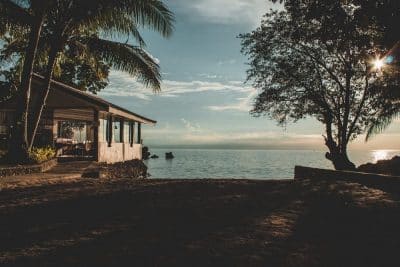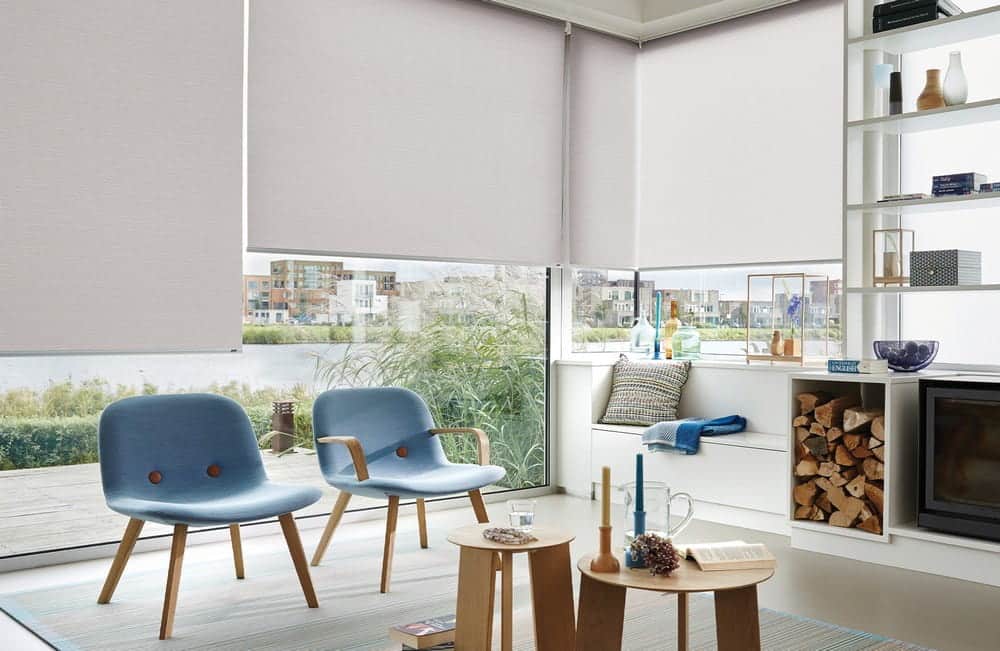
The fabric you choose for your new roller shades makes all the difference in how they look, function, and feel in your home. Roller shade fabrics fall into two main categories – light filtering and room darkening. Each has its own advantages depending on the room’s needs. As you shop for custom roller shades, consider how these different fabric types could benefits your spaces.
Light Filtering Roller Shade Fabrics
Light filtering roller shade fabrics do exactly as their name implies – they filter natural light rather than block it out completely. During the day, light filtering shades diffuse and soften sunlight streaming into a room. When lowered they mute glare and cut down on heat gain. At night they provide a modest level of privacy.
Light filtering roller shade fabrics include:
Sheers
Roller shade sheers are made from loosely woven translucent fabrics. They might incorporate polyester, cotton, linen, or mixes. Sheers make rooms feel bright and airy during the day. Popular for windows where you still want visibility like offices.
Solar Screens
Made from vinyl-coated fiberglass mesh, window roller ALVA filter sunlight and UV rays. This helps reduce heat gain and fabric fading. A metalized backing further deflects solar radiation. Good insulation for hot climates.
Polyester Blends
Lightweight polyester blended with natural fibers creates soft, semi-transparent roller shade fabrics. These gently diffuse sunlight without removing views. Available in a wide color selection to filter light attractively.
Pros of Light Filtering Shades:
- Maintain daylight and outdoor views
- Reduce glare and heat gain
- Offer a bit of nighttime privacy
- Wide variety of colors and textures
Cons:
- Do not provide room darkening
- Let in some direct sunlight
- Less insulation and noise dampening
Room Darkening Roller Shade Fabrics
Where light filtering shades soften and mute light, room darkening shade fabrics work to actually block light. During the day, darker room darkening shades keep interiors cooler and free of glare. At night, they make rooms pitch black for uninterrupted sleep and privacy.
Common room darkening roller shade fabrics include:
Blackout Vinyl
Thick, opaque blackout vinyl completely blocks outside light. A white backing reflects additional light. Blackout vinyl also helps insulate. Useful for nurseries, media rooms, and bedrooms.
Bull Denim
This heavyweight, dense cotton has a flannel-like feel. Bull denim’s tight weave shuts out daylight. Available in solids and blocked patterns to complement any decor. Provides insulation too.
Faux Suede/Ultrasuede
Faux suede roller shade fabrics mimic the soft, velvety texture of real suede. Thick and light blocking in nature, faux suede comes in beautiful solid colors. Easy to clean and durable.
Pros of Room Darkening Shades:
- Provide daytime privacy
- Block outside light and noise
- Help insulate and conserve energy
- Create pitch black environments for sleeping
Cons:
- Block views when lowered
- Can make rooms feel closed in
- Dark colors absorb heat from sunlight
The Best of Both Worlds – Two Roller Shades!
Rather than choose between light filtering and room darkening, many windows benefit from having both. Install a room darkening blackout shade layered under a light filtering sheer shade.
During the day, keep the sheer shade down to filter light attractively. Lower the blackout shade when you want to block light or sleep. You’ll enjoy the ideal balance of daylighting, views, and darkness control. Layering sheers over blackouts also gives a beautiful two-tone effect.
Analyze each room’s lighting needs and privacy requirements. Choosing the right roller shade fabric or fabrics helps ensure your shades offer the perfect amount of illumination, insulation, and style. Mix and match light filtering and room darkening fabrics for custom control.
